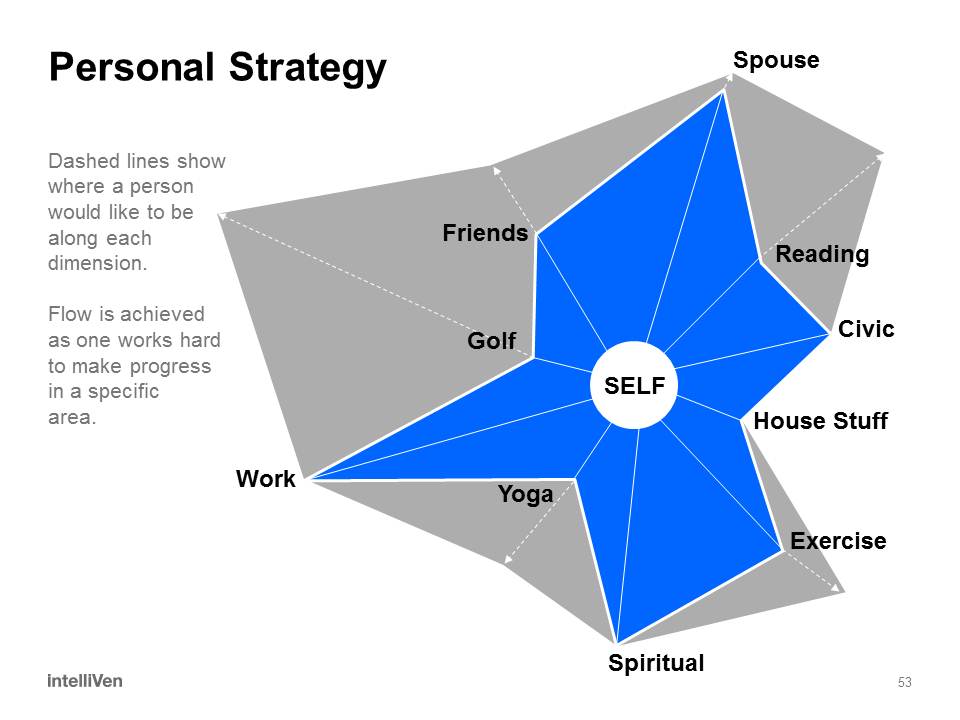I tell everyone who works with, or for, me that they are never to do something because I told them to do it. I do not want or expect anyone to do what I ask just because I told them to do it. Instead, I insist they do what they do because:
- They understand what they are doing.
- They know why it makes sense to do it.
- They believe it is wise and right to do.
- They want to do it.
The objective is to make them (as opposed to me!) accountable for what they do and to help them grow through the experience. Soon I will not have to ask them anymore because what I want done will be internalized and we can move on to the next stage of growth.
If I ever ask them to do something that they do not understand, agree with, or want to do then I beg them to tell me about it so that we can talk it through.
An approach that demands people to do something, but that does not take time to be sure those being told understand and agree with doing it, may seem more like what a CEO should do. It is not and this explains why:
- When things do not go quite right it is too easy for the person to let themselves “off the hook” as they say, either out loud or to themselves, that: “I only did it because the boss told me to.”
- It is a human tendency to do what you are told to do by persons in positions of authority. However, when you follow an order, you do not necessarily have to:
-
- Understand what is going on.
- Consider the goal and come up with alternative actions that move towards achieving it better, more efficiently, or faster.
- Decide on an action to take.
That is, following an order removes the obligation to know, think, or decide. You just do what you are told and assume, hope, or trust that someone smarter, or someone in a position of higher authority, has made a good decision.
The limit of this is that people do what you tell them to do and little or nothing else! A growing organization requires people to think for themselves, to generalize, and to apply broadly lessons learned.
- The leader in a growing organization can be, and often is, the constraint to growth. Fortunately, this is an easy problem to fix: rather than telling subordinates what to do, the leader should spend the bulk of their time helping the next generation of leaders develop to the point where they operate independently; thereby freeing up the leader for strategic initiatives and other actions that only they can perform.
CEOs who thrive on the heady sense of power that comes from knowing that their staff will do their bidding are consistently out-performed by those who do just the opposite and expect employees to think and act for themselves in pursuit of company performance and personal development.
See Also
Management Time: Whose got the monkey?





